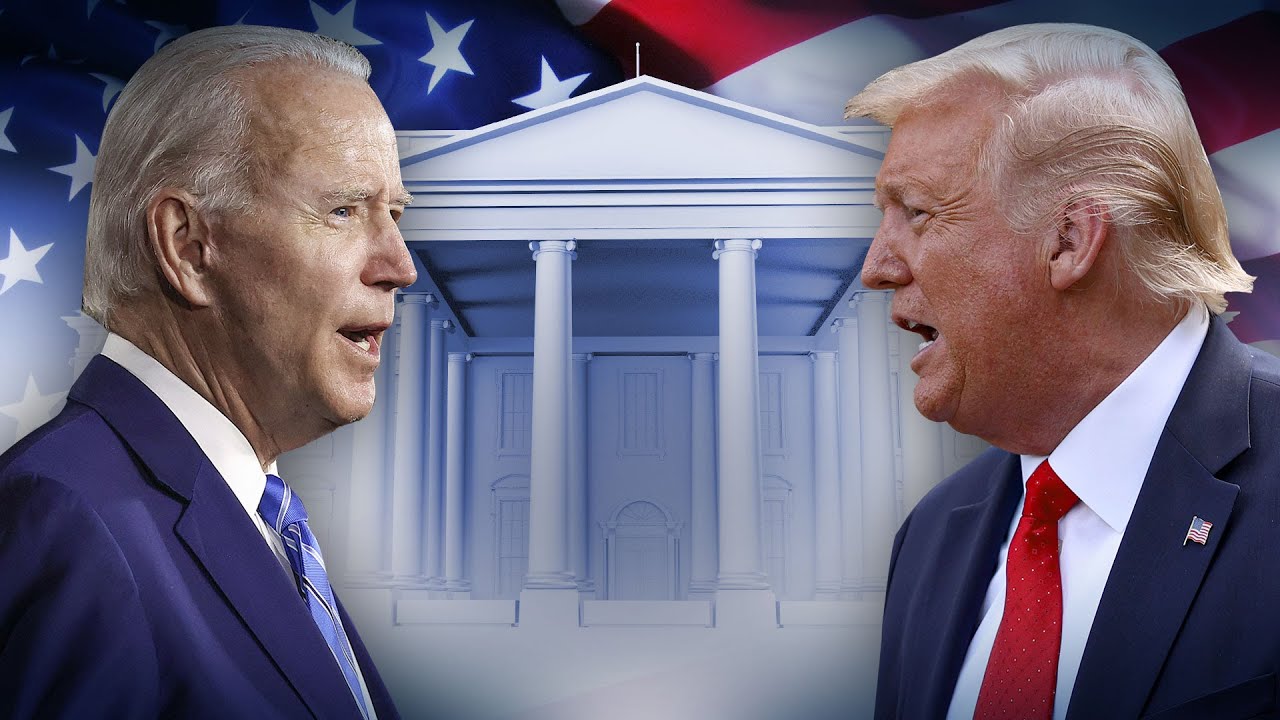The United States presidential election is slated for November 2024. The current President Joe Biden, at 84 years old is the oldest American to hold the office when he secured a term for the second time. Joe Biden is a Democrat.
Republican candidates
Where Republicans are concerned Donald Trump continues to dominate the field despite facing federal and state criminal charges.
His rivals include Florida Governor Ron DeSantis and former U.S Ambassador to the United Nations Nikki Haley.
Other candidates include New Jersey Governor Chris Christie and former Arkansas governor Asa Hutchinson who is a long shot candidate.
Then there is political newcomer, software engineer and entrepreneur Vivek Ramasamy.
In the beginning, DeSantis was thought to be Trump’s closest rival but his campaign has not done well somehow (a lot of it maybe due to his fiascos with Disney). In the meantime, Nikki Haley has gained momentum due to strong debates.
Other election candidates who are competing but lagging are US Senator Tim Scott and North Dakota governor Doug Burgum.
Democrat candidates
Democrat leaders are continuing to strongly back Joe Biden and his vice-president Kamala Harris.
A lesser known name who announced he would be challenging Biden is Dean Phillips who is a US congressman from Minnesota.
Another Democrat candidate is self-help author and speaker Marianne Williamson who is also running against Biden.
Joe Biden to his credit has managed to drop unemployment and grow gross domestic product (GDP) during his tenure and although inflation spiked last year it has come down in recent months. However, the biggest concern for Americans remains the high price of basic items such as food, fuel, transport and housing.
Independent candidates
Robert F. Kennedy Jr (whose name itself carries some weight) launched an independent bid against Biden. He has been known for his vocal stance against vaccination during the pandemic.
Activist Cornel West is also running for president. Both independent candidates will need substantial support to land the ballot in 50 states.
Election primaries
The primaries will start in January with the Iowa caucuses for Republicans. New Hampshire will hold a presidential primary election followed by Nevada, South Carolina and Michigan.
Democrats plan to hold their first primary in South Carolina in February. It will also kick off Super Tuesday where more than 12 states will award delegates to party conventions on March 5.
Each party will then nominate the candidate with the most delegates at the nominating conventions.
Read More News
The Comeback: How to get rehired by a former employer
Cover Photo: YouTube






